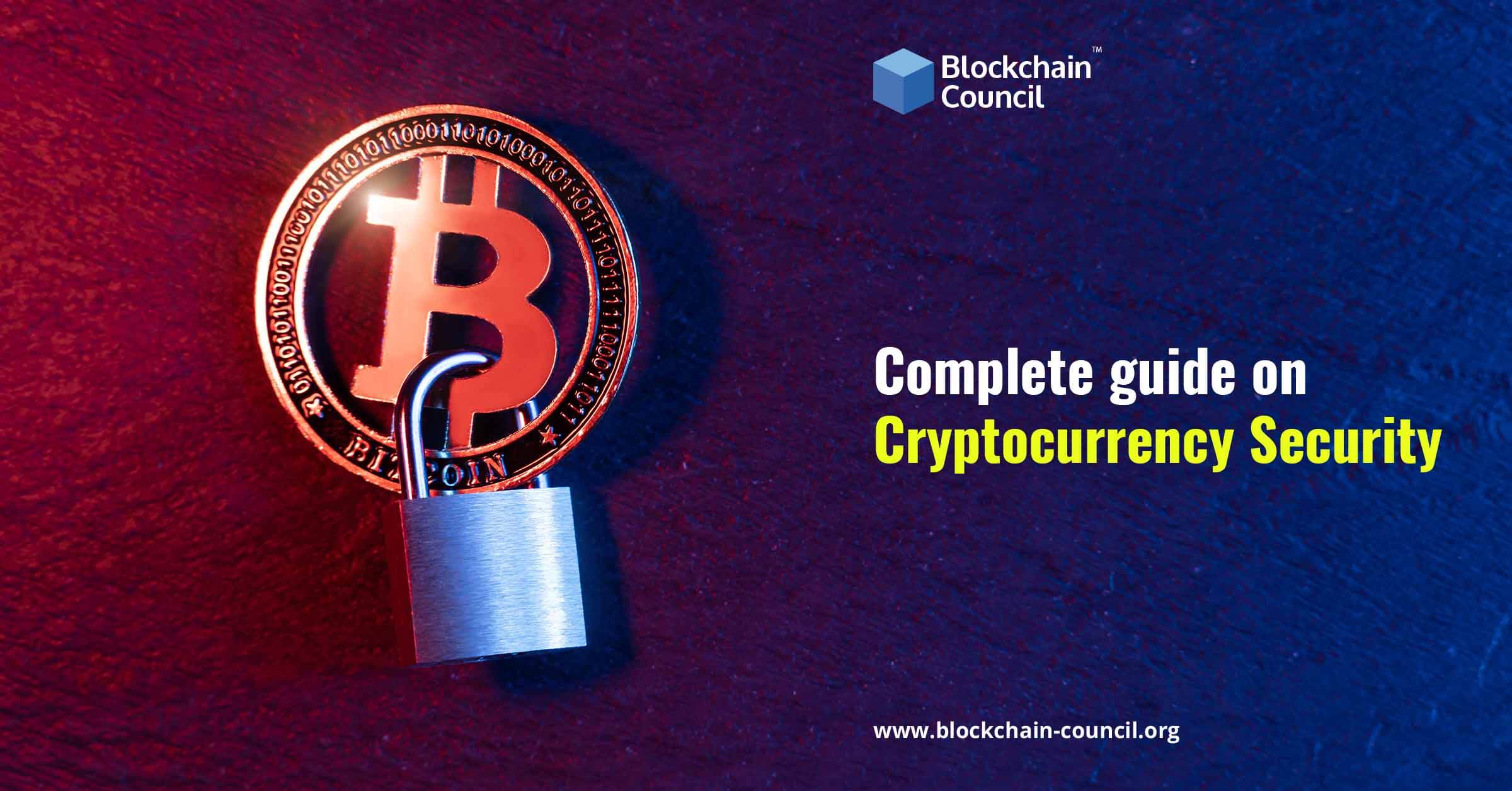Evaluating Cryptocurrency Exchanges: A Comprehensive Guide To Safety And Security
Evaluating Cryptocurrency Exchanges: A Comprehensive Guide to Safety and Security

- Unlocking The Secrets Of Crypto Derivatives: A Step-by-Step Guide To Maximizing Your Gains
- Unlocking The Power Of Secure Identity Verification: The Cryptocurrency Revolution
- Revolutionizing Transparency In Governance With Blockchain
- Unlocking The Secret To Hands-Free Investing: Crypto Trading Bots
- Cryptocurrency Airdrops And Bounties: Unleashing The Power Of Free Digital Wealth
The world of cryptocurrency has exploded in recent years, with millions of users flocking to exchanges to buy, sell, and trade digital assets. However, with the rise of cryptocurrency exchanges comes the risk of hacking, theft, and other forms of malicious activity. As a result, it’s more important than ever to take the time to carefully evaluate a cryptocurrency exchange before deciding to use it.
When it comes to evaluating cryptocurrency exchanges, safety and security should be at the top of your list of priorities. After all, you’re trusting the exchange with your hard-earned money and sensitive financial information. So, what should you look for when evaluating a cryptocurrency exchange?
Regulatory Compliance
First and foremost, you want to make sure that the exchange you’re using is operating within the bounds of the law. Look for exchanges that are registered with the relevant regulatory bodies, such as the Securities and Exchange Commission (SEC) in the United States or the Financial Conduct Authority (FCA) in the United Kingdom. Exchanges that are registered with these bodies are subject to stricter regulations and are more likely to follow best practices when it comes to safety and security.
Security Measures
A secure exchange will have a number of security measures in place to protect your assets. Look for exchanges that offer:
- Two-factor authentication: This adds an extra layer of security to your account by requiring you to enter a code sent to your phone or email in addition to your password.
- Multi-signature wallets: This means that multiple people must approve transactions before they can be processed, adding an extra layer of security.
- Cold storage: This means that the exchange stores a portion of its assets offline, making it more difficult for hackers to access them.
- Regular security audits: Look for exchanges that have regular security audits in place to ensure that their systems are secure.
Insurance and Asset Protection
In the event that the exchange is hacked or otherwise compromised, you want to make sure that your assets are protected. Look for exchanges that offer:
- Insurance: Some exchanges offer insurance to protect against hacking and other forms of theft.
- Asset protection: Look for exchanges that have procedures in place to protect your assets in the event that something goes wrong.
Reputation and Transparency
It’s also important to consider the reputation and transparency of the exchange. Look for exchanges that:
- Are transparent about their operations: Look for exchanges that are open and transparent about their operations and security measures.
- Have a good reputation: Look for exchanges that have a good reputation among users and are known for being trustworthy.
User Experience and Support
Finally, you want to consider the user experience and support offered by the exchange. Look for exchanges that:
- Have a user-friendly interface: Look for exchanges that are easy to use and navigate, even for those who are new to cryptocurrency.
- Offer good customer support: Look for exchanges that offer responsive and helpful customer support in case you have any questions or issues.
